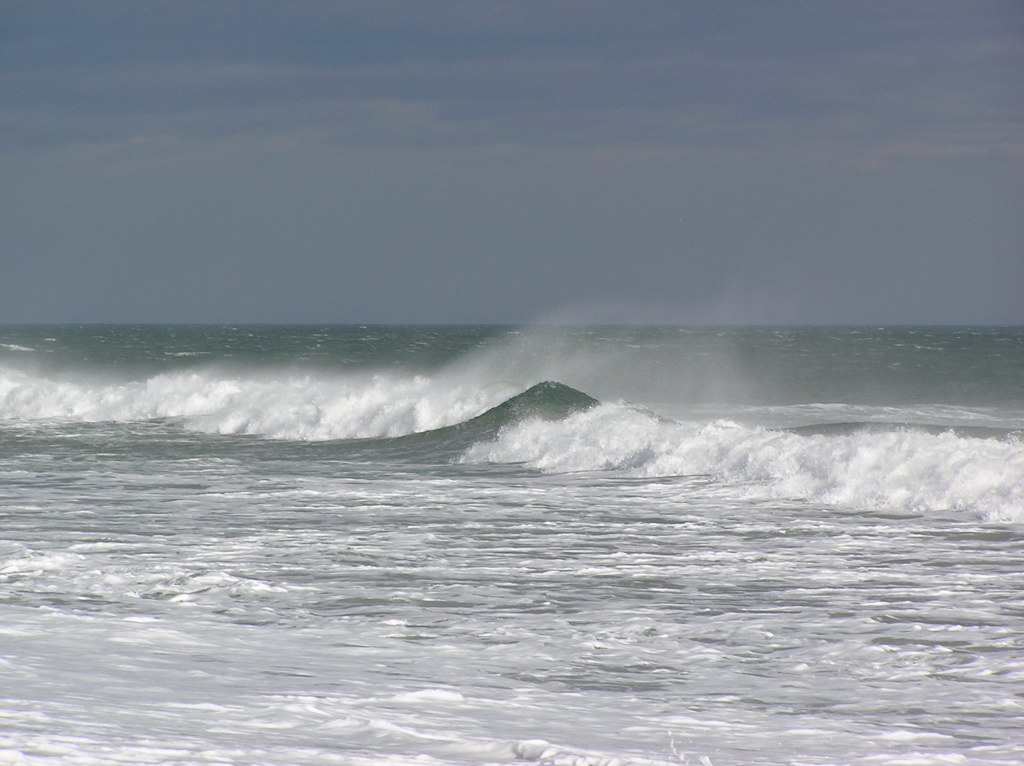
The extreme idealist is someone who can pick out the flaw in any situation. Within minutes of arriving on a new job, entering a new relationship, purchasing a new home, or formulating a new program, the extreme idealist is imagining how things could be improved. She challenges the mundane reasoning of the realist and notes that new perspectives are needed on old problems if the activist is to be successful in generating proposals to solve these problems. Like the realist, the idealist is cautious and reflective, but not for a lack of adequate information. The idealist is concerned about confusion between means and ends, about losing the war while seeming to win individual battles through expedience. The idealist confronts the realist with his lack of courage. The idealist might ask: “If bold vision is lacking, then when will risks be taken and progress made? Without courage and vision, where is the capacity to endure against adversity?”
Effective participation in an organization, whether individually or in a group, requires an integration of these different perspectives. This is the key to appreciation: understand and appreciate the context within which one is working and assume an appropriate role in meeting the distinctive needs of the current setting. Appreciative members of an organization shift between the domains of information, intentions and ideas. When confronted with a new, unpredictable situation, an appreciative person will tend to become realistic by attempting to assimilate this new reality. When confronted with an old, unchanging environment, she will tend to become a daydreamer, creating images of how this environment might be transformed. When confronted with the press of time and events, the appreciative member of an organization will tend to mobilize his activism, creating proposals to meet these challenges.
The appreciative member is someone who will adapt to changing conditions by moving into all three domains. By contrast, the extreme realist will attempt to collect information even when the environment is unchanging and in this way will contribute to the resistance of this environment to change. Similarly, the extreme idealist will daydream not only under conditions of relative stability but also under conditions of rapid change and instability, and in this way will add to the instability of the environment and to its unpredictability. The idealist under stress retreats to another world that is much safer. She should instead be confronting the current situation. The extreme activist will respond with hasty actions even when there is no press of time or events. She will even create crises where there are none in order to justify precipitous action. The failure in the activist’s haste may, in turn, produce a new crisis that makes activism seem to be appropriate, thereby initiating a self-reinforcing crisis-management mentality.









